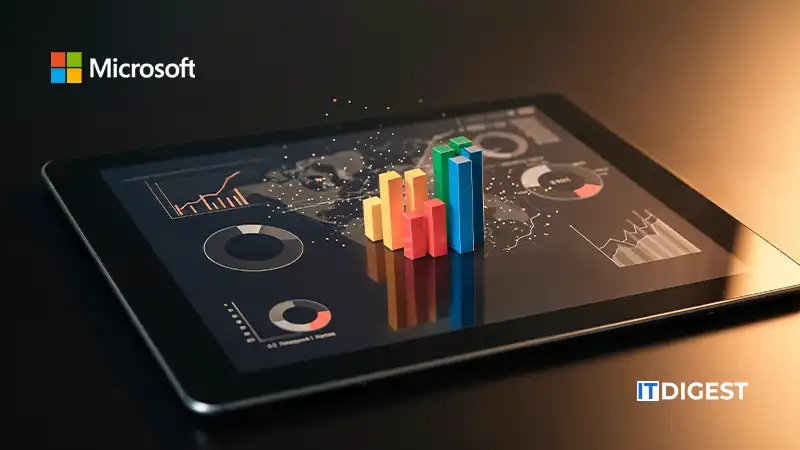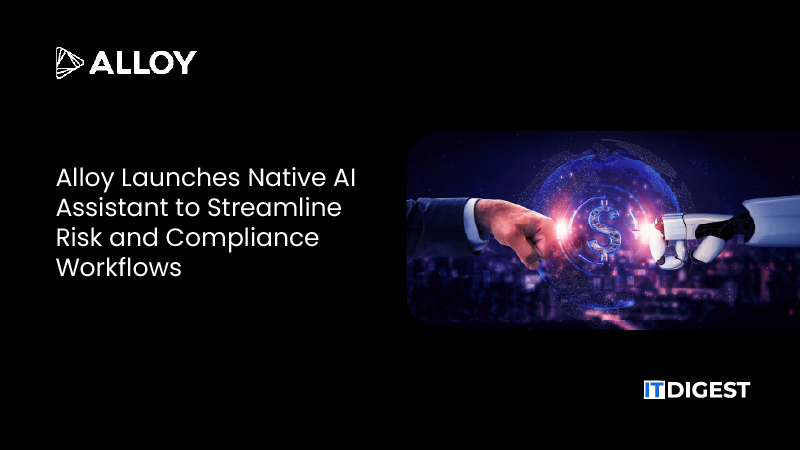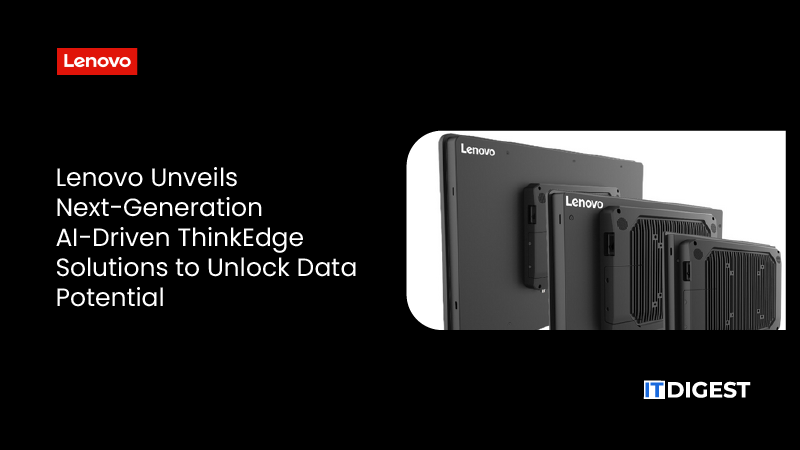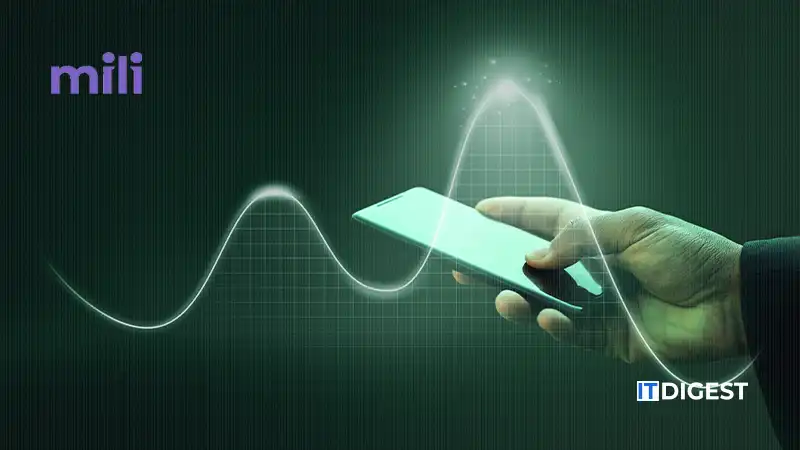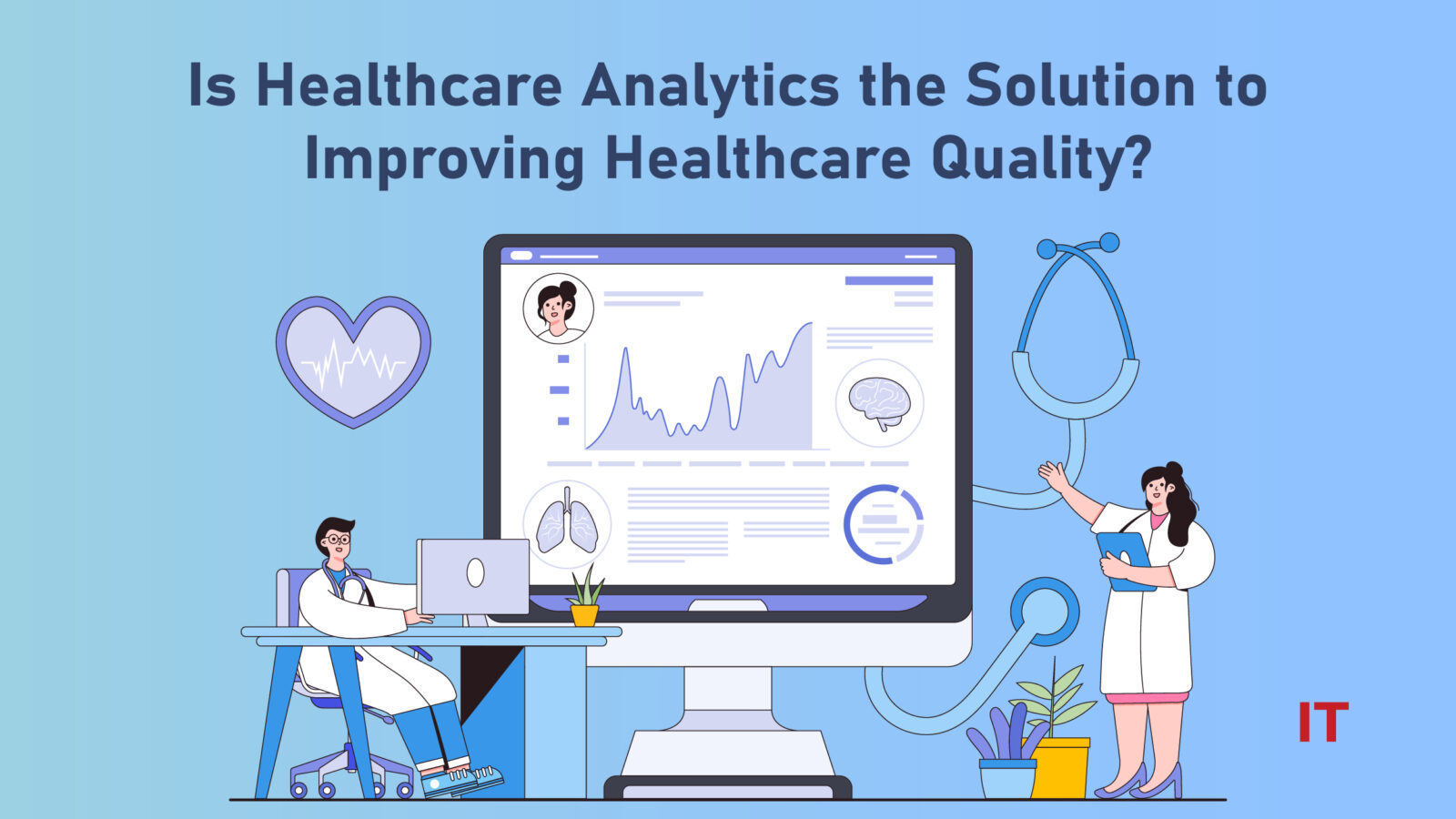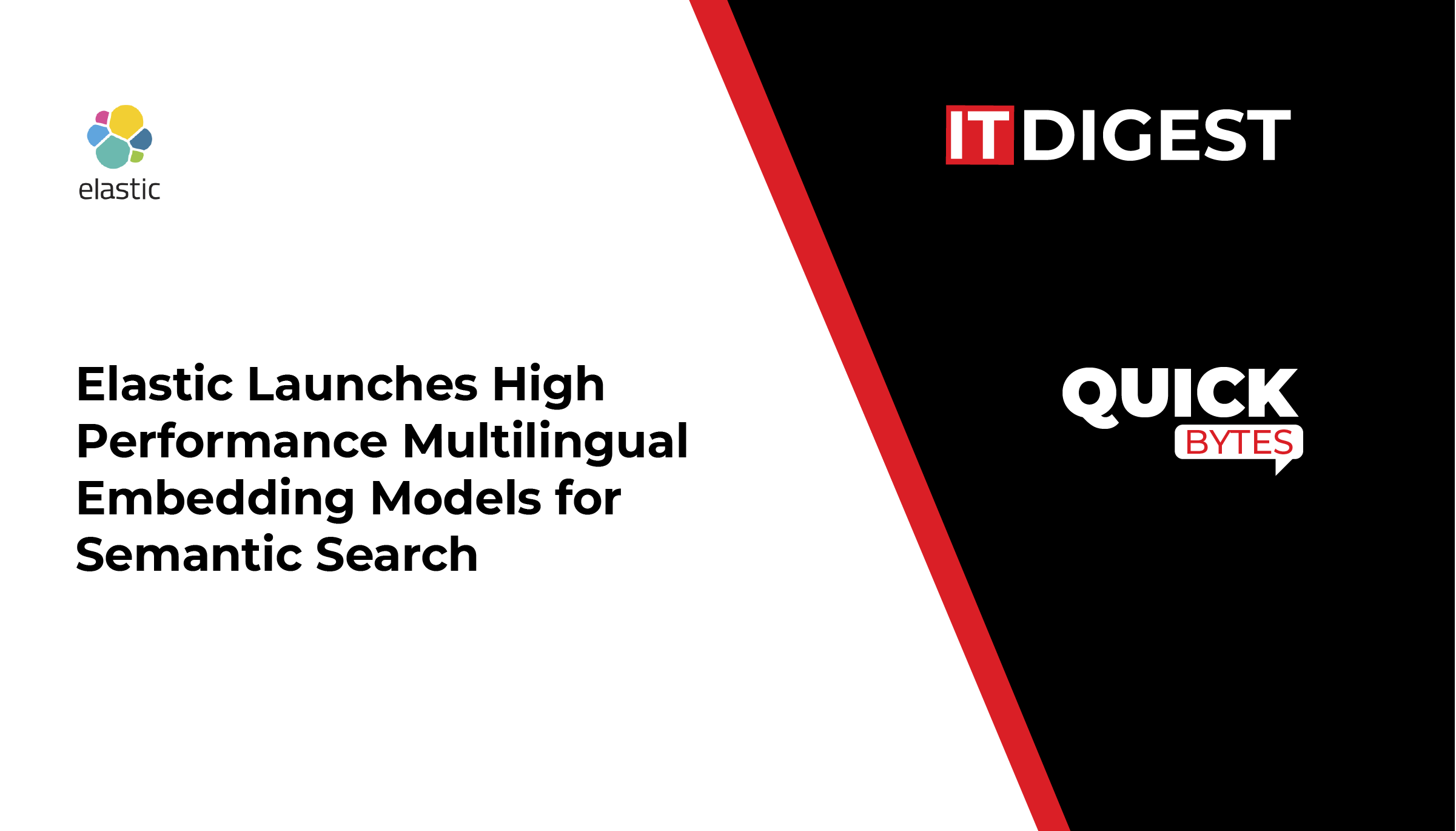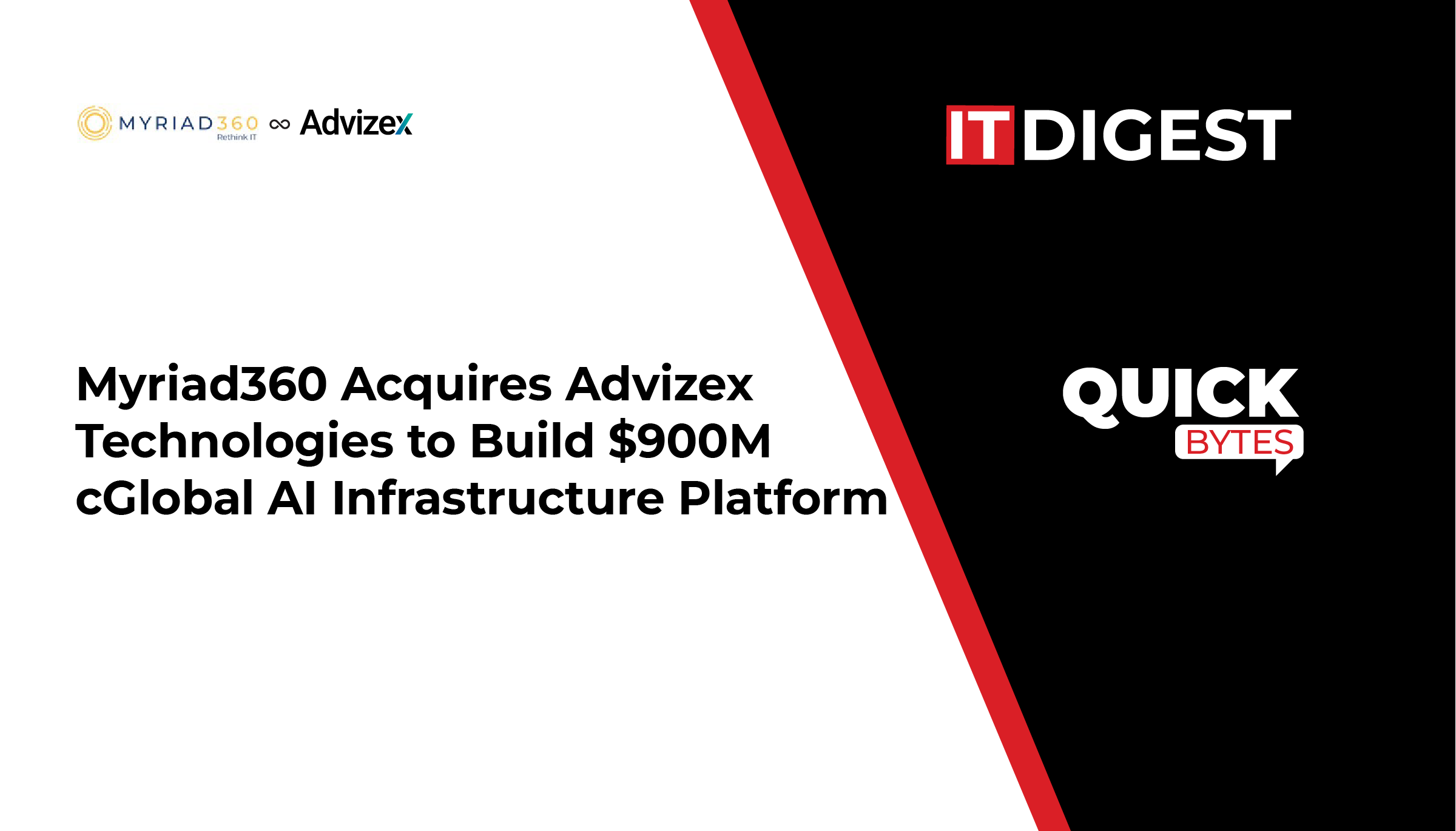Can big data be a lifesaver? Well, those folks championing the healthcare analytics game sure think so!
While big data analytics is impacting how businesses operate across various industries, it has emerged as a real game-changer in medicine. Advanced healthcare analytics has the power to completely shake up patient care.
Big data is already making waves in healthcare, from improving telemedicine to boosting patient involvement and more. It’s not just a buzzword—it’s actually making a positive difference.
What precisely is healthcare analytics, though, and why is it so crucial to the medical industry?
What is Healthcare Analytics?
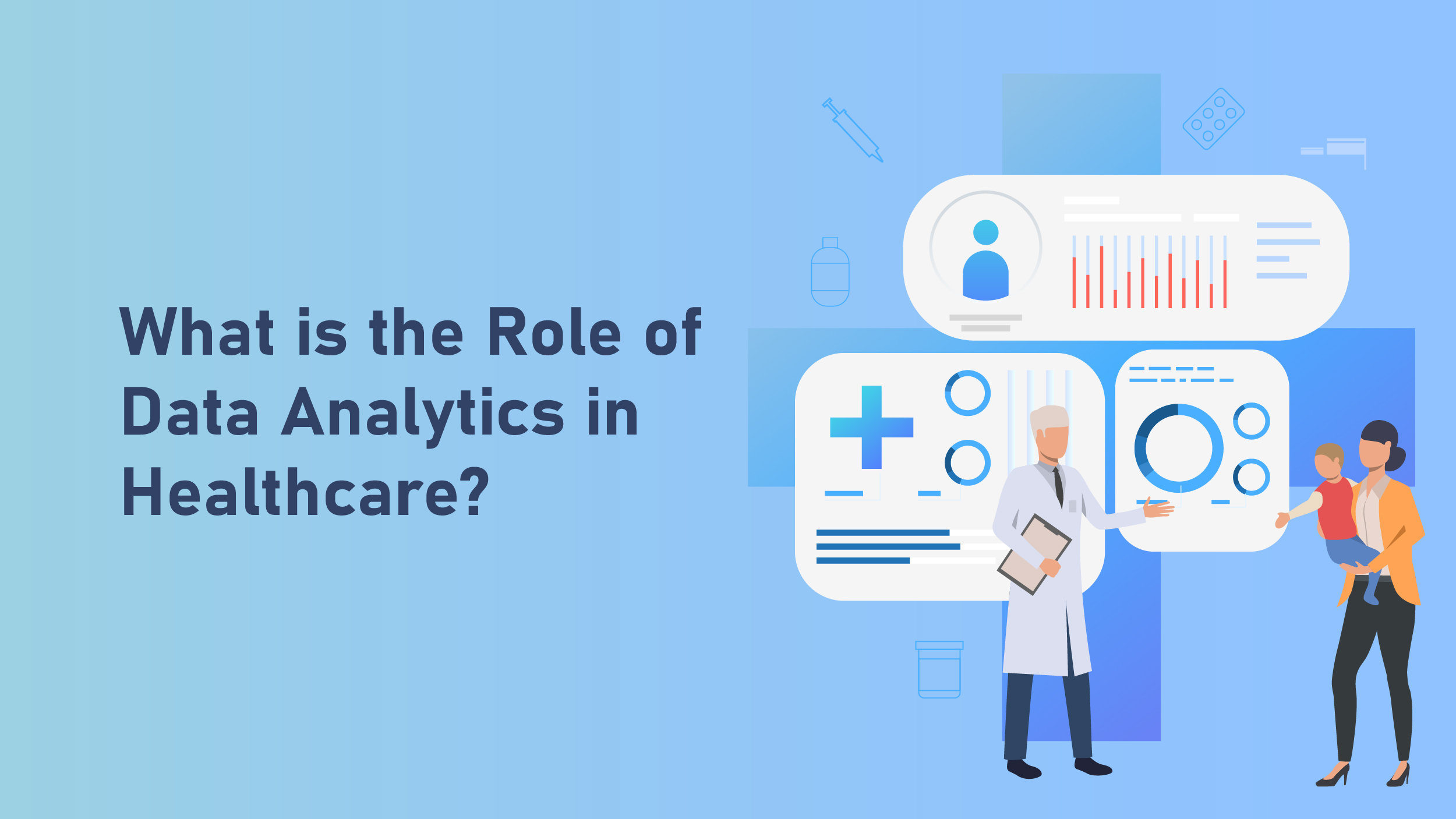 A subset of data analytics known as “healthcare analytics” makes use of both past and present data to enhance decision-making, generate actionable insights, and maximize results in the healthcare sector. Not only do healthcare organizations gain from the use of healthcare analytics, but patient results and experience are also enhanced.
A subset of data analytics known as “healthcare analytics” makes use of both past and present data to enhance decision-making, generate actionable insights, and maximize results in the healthcare sector. Not only do healthcare organizations gain from the use of healthcare analytics, but patient results and experience are also enhanced.
● Data analytics in healthcare
Comprehensive records contain a wealth of useful information for the healthcare sector. Healthcare practitioners are required by industry standards to keep many of these documents on file for a predetermined amount of time.
This indicates that people who deal with “big data”, or huge amounts of unstructured data, are now interested in the healthcare industry. Big data analytics in healthcare is still in its infancy, but it has the potential to treat patients, save operating expenses, and increase efficiency.
● Predictive analytics in healthcare
In order to predict future results, predictive analytics is used in the healthcare industry. Minimizing 30-day hospital readmissions, streamlining treatments, and identifying patient health hazards help save expensive fines. By creating a blood test that may anticipate responses to treatments for HPV-positive throat cancer months ahead of schedule compared to conventional techniques, a 2021 University of Michigan study demonstrated the efficacy of predictive analytics.
● Prescriptive analytics in healthcare
Using past data to determine the best course of action is known as prescriptive analytics. Prescriptive analytics is utilized in the healthcare sector to physically prescribe treatment regimens for patients as well as to guide business decisions. Prescriptive analytics is therefore frequently used in the medical field to determine a patient’s risk of diabetes, assign ventilators to a hospital unit, and improve diagnostic imaging capabilities.
Also Read: Healthcare Business Intelligence: A Guide to Unlocking Your Business Potential
Key Benefits of Healthcare Analytics
Healthcare analytics provides advantages for health businesses, hospital administrators, and patients. Some of the key benefits include:
- Enhanced patient care through more effective treatment options
- Predictive analysis of a patient’s susceptibility to specific medical conditions
- Accurate determination of health insurance rates
- Improved scheduling for both patients and staff
- Optimized allocation of resources
- Streamlined decision-making at both the business and patient care levels
What is the Role of Data Analytics in Healthcare?
Healthcare analytics is commonly known as healthcare data analytics because it primarily involves extracting valuable insights from data analysis and data science in the healthcare field. This process is crucial for obtaining meaningful information and understanding trends and patterns in healthcare data.
Data analysis and information management play a critical role in the healthcare sector, specifically in the collection and organization of data in a central repository. With the constant exchange of data between various providers and systems, administrative staff in the healthcare industry heavily depend on these analytics to structure information effectively and improve existing data management procedures.
The connection between data analytics and the healthcare industry is crucial because this technology enables healthcare organizations to maintain a competitive advantage in the market. It facilitates improved service quality, advanced medical care, and streamlined operational processes.
Healthcare providers leverage technological advancements to streamline data collection, verification, and analysis through the utilization of medical device tools and machine learning systems. By incorporating data analytics into their information processing methods, they can establish a well-organized data repository, transform intricate data into comprehensible insights, and enhance their decision-making capabilities.
To effectively utilize data analytics, it is crucial for individuals at all levels to possess a strong familiarity with the technology and comprehend its genuine implications. This is because analytics, particularly big data analytics, aids healthcare providers, staff, and other involved parties by providing them with comprehensive patient data that can facilitate tailored and accurate treatment choices.
Top 3 Healthcare Analytics Software in Focus
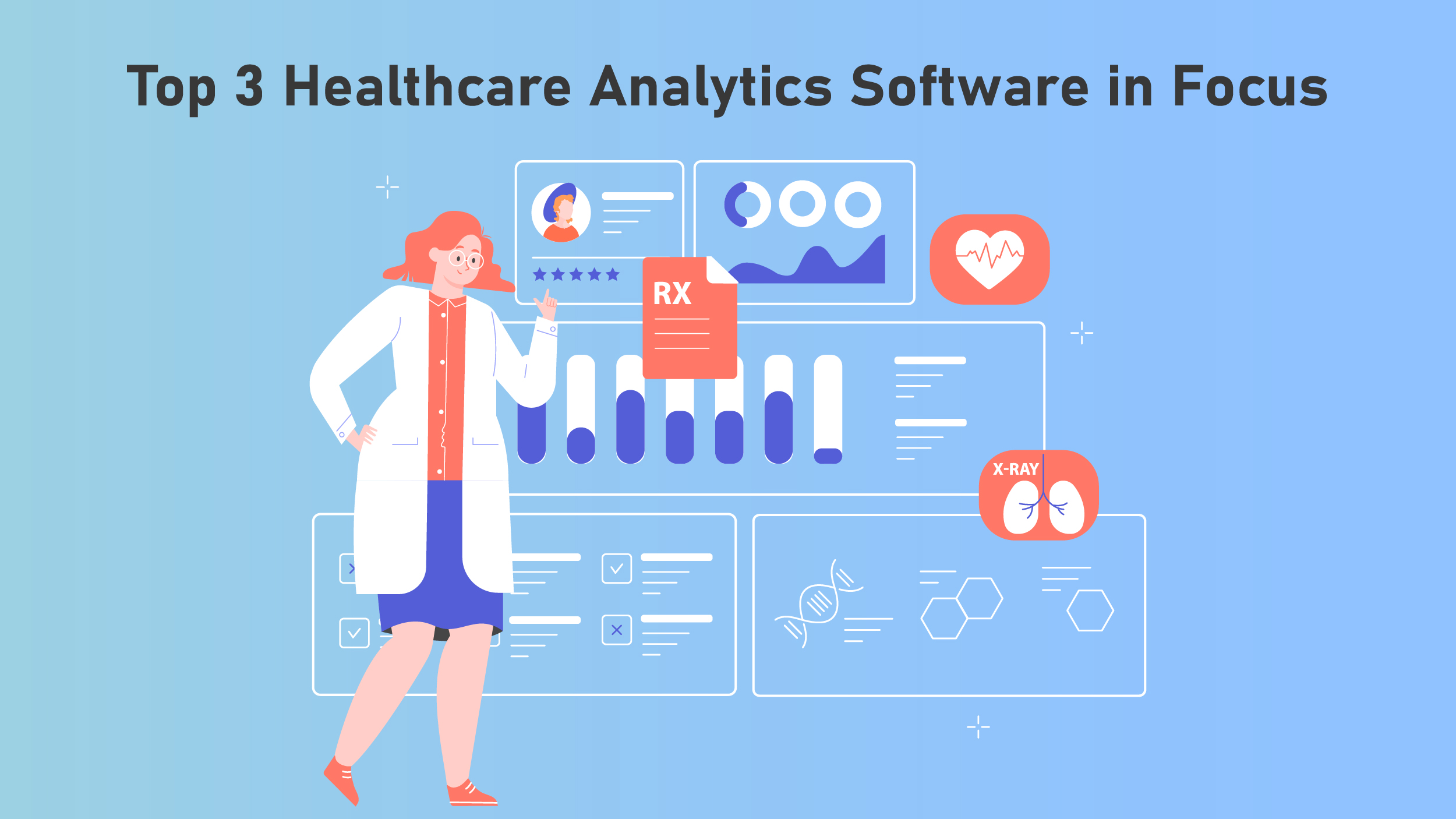 The integration of technology has proven to be a game-changer, with healthcare analytics software leading the charge. Here are some of the best healthcare analytics software solutions that are shaping the future of the industry.
The integration of technology has proven to be a game-changer, with healthcare analytics software leading the charge. Here are some of the best healthcare analytics software solutions that are shaping the future of the industry.
1. UpToDate
An evidence-based clinical decision support tool called UpToDate assists medical professionals in giving patients better treatment. In order to provide customers with the most recent data, it provides voice-activated mobile access capabilities, integrated patient education, and clinically and aligned pharmacological decision help.
2. Virgin Pulse
Virgin Pulse is a software that aims to achieve goals for personal well-being while also improving health outcomes and cutting expenses. Virgin Pulse provides client and member support throughout the whole health and benefits lifecycle through the use of data, artificial intelligence, and predictive analytics.
3. Definitive Healthcare
Definitive Healthcare is a Software as a Service (SaaS) platform that provides solutions for clients in the biopharma & medical devices sectors, healthcare providers, and any other company wishing to sell products in the healthcare market. It does so by transforming data, analytics, and expertise into commercial healthcare intelligence.
Bottom Line
In a world where data is king, healthcare analytics emerges as the crown jewel, empowering providers to deliver more personalized, efficient, and effective care. The benefits are multifaceted, ranging from improved patient care and predictive insights to streamlined operations and optimized resource allocation.
As we look to the future, the evolution of healthcare data analytics promises continued advancements, with artificial intelligence, machine learning, and predictive modeling playing pivotal roles. The best is yet to come in the realm of healthcare data analytics, where every data point has the potential to save lives, enhance patient experiences, and contribute toward creating a healthier society.






